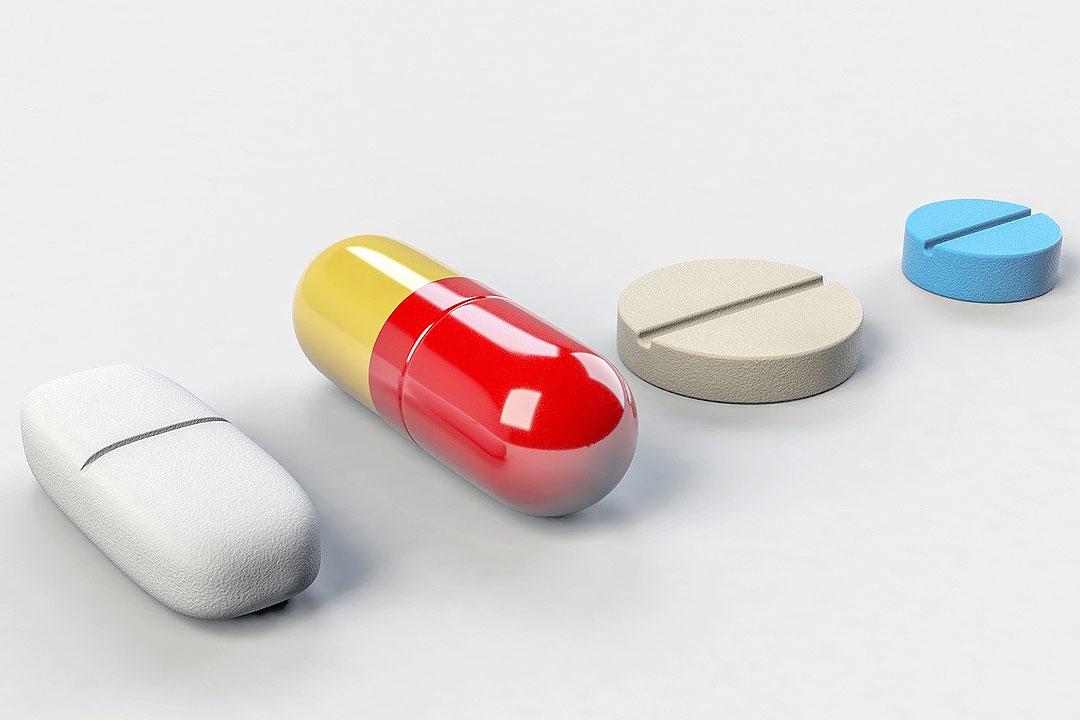Government should provide free medicines — survey

MAJORITY of Filipinos believe it is the government’s responsibility to provide free medicines to patients who need them, according to a Social Weather Stations (SWS) national survey.
Commissioned by the Pharmaceutical and Healthcare Association of the Philippines (PHAP), the survey showed that 78% said that the government “should definitely” provide free medicines, with another 17% saying it “should probably” do so.
The study also found that medications topped recuperation expenses, followed by payments for laboratory tests and doctor’s fees.
“In a national average ranking of four items, expenses for medicines was also found to be the most burdensome hospital expense,” said Gerardo A. Sandoval, SWS vice-president and director for survey design, analysis, and training, at a March 31 press conference detailing the survey results.
This result was consistent except in the National Capital Region, which cited laboratory tests as the most burdensome expense; among ABC classes, which cited doctor’s fees.
TWO SIDES OF THE SAME COIN
The issue of medicines and government are two sides of the same coin, said Dr. Manuel M. Dayrit, former Health Secretary and professor at the Ateneo School of Medicine in Public Health.
“The main issues are accessibility and affordability,” he said. “One of the biggest appreciated interventions is having medicines available at Rural Health Units (RHUs), where many patients go for consultation.”
To frame the issue, Dr. Dayrit pointed out that 11% of the population — or about 400,000 patients a day — were recorded as having visited a public health facility in 2013.
“Now think about the growing percentage of [those with] hypertension and diabetes who have to take maintenance medicines every day,” he added, citing 2011 research from the Philippine Institute for Development Studies that found 59% of the expenses of the poorest households were spent on medicines.
Price caps are not the answer to the problem, according to Dr. Beaver R. Tamesis, chairman emeritus for PHAP.
“Studies have documented that these price caps do not achieve the desired outcome, [which is] improving access,” he said, citing Maximum Drug Retail price research from 2009 and 2020 that instead showed a reduction of manufacturer sales. “This may have implications in the viability of the manufacturers’ presence in the country.”
The present administration, for its part, revived Botika ng Bayan, now called FOURmula One Plus Botika ng Bayan. It also has a free medicine program for indigents, as well as a flagship primary care program under the Universal Health Care (UHC) program called Konsultasyong Sulit at Tama, or PhilHealth KonSulTa.
Under KonSulTa, members of the state-run insurance firm PhilHealth can register for expanded primary care benefits by registering to an accredited facility of choice. Registered members can avail of consultation and referral services, laboratory examinations, and select medicines.
“We provide nine types of drugs for infectious diseases,” said Dr. Israel A. Pargas, PhilHealth’s senior vice-president for UHC policy development. “We also provide six to seven types of antibiotics, and five types of antihypertensives — all for free.”
Since being implemented in July 2021, KonSulTa has benefited 200,000 individuals through its network of 145 public and 14 private healthcare providers.
“Everyone is eligible, but there are procedures,” said Dr. Pargas.
Dr. Dayrit noted that the survey didn’t cover how people coped without medicines — usually through self-care, alternative remedies, and the like.
“The issue of prevention, while very important, is not top of mind,” he said. “What people remember is what they need to do when an emergency hits. When an emergency hits, they want somebody — government — to be behind them.”
The survey was conducted Dec. 12–16, 2021, through face-to-face interviews of 1,440 adults nationwide. — Patricia B. Mirasol



